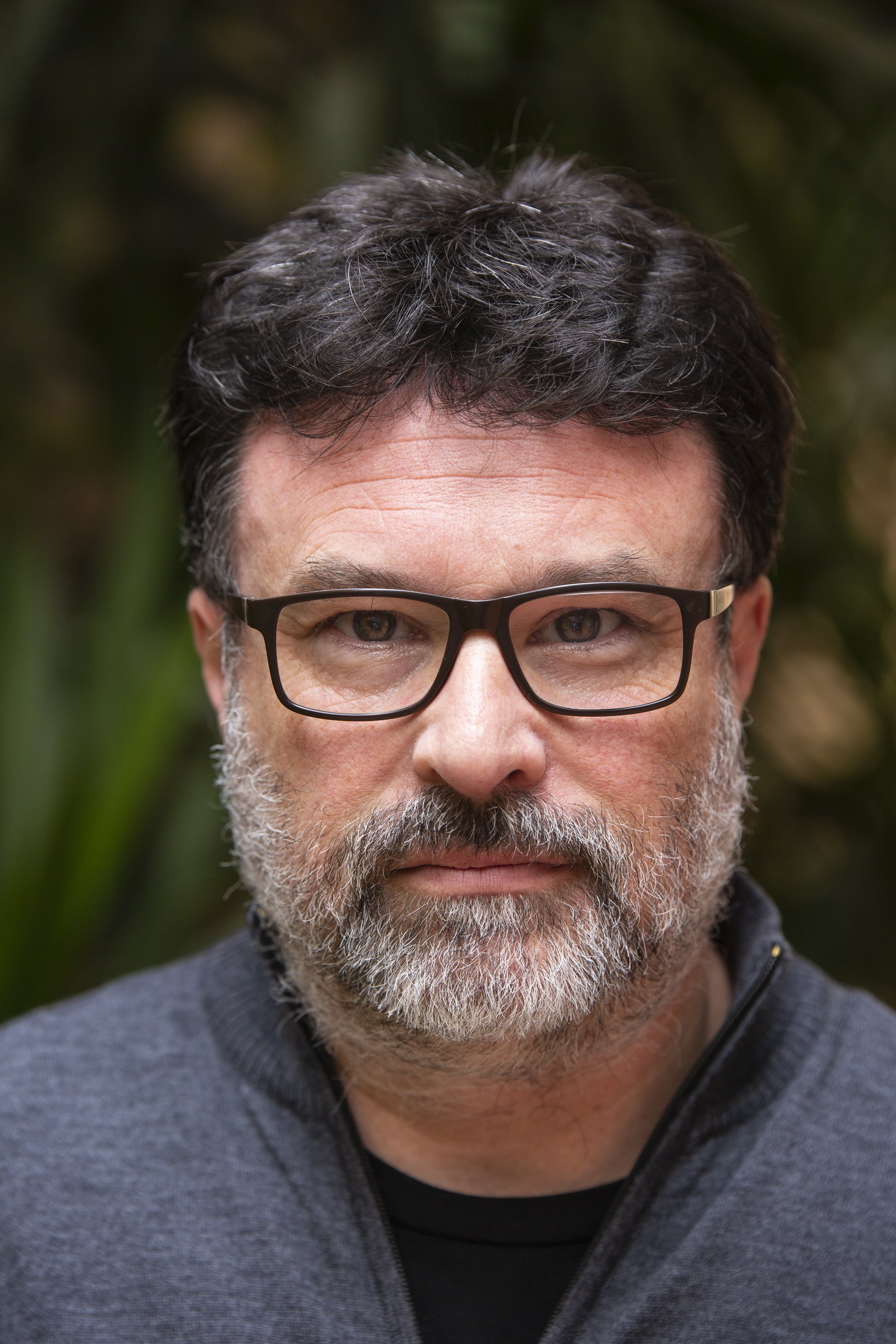Joan Josep Nuet was the last member of the Catalan Parliament's Bureau at the time of the 2017 independence referendum who was left to be tried. His change of status from member of the Catalan parliament to a deputy in the Spanish Congress forced the judiciary to take his case back to the Supreme Court, which finally tried him two weeks ago, on March 24th.
During 2016 and 2017 when the events took place, Nuet was an MP for the left-wing grouping Catalonia Sí Que Es Pot (CSQP), a party not in favour of independence, but now he holds a seat in Congress for the pro-independence ERC. A seat that, with a disqualification from office of 8 months, he will now lose.
The Supreme Court has sentenced him to 8 months of disqualification from public office and a fine of 12,000 euros. The sentence is well short of the 20 months requested by the public prosecutors and the state solicitors. Despite the relatively short time of the disqualification, it means he will lose his right to be a political representative and will be unable to be re-elected until the next election.
The verdict is based on the support which Joan Josep Nuet gave, as a member of the Parliament's procedural Bureau, to accept for debate the bill on the referendum on independence from Spain. The proposed legislation was presented in September 2017 by the two pro-independence groupings at that time, Junts pel Sí and the CUP.
Nuet repeated over and over again in the trial that his intention was not to disobey, but, in effect, to prevent independence from within. Both during his testimony and in his final right to make concluding comments to the court, the former Catalan deputy stated that he was trying to "allow pro-independence ideas to be passed through a constitutional filter". And, in an attempt to save himself, he went as far as saying that he had been trying to prevent independence through the positions he took on the Bureau. But none of this helped him avoid conviction.
The court, in its judgment, takes into account each of Nuet's votes and leaves aside his statements during the trial about his intentions. "At the meeting of September 6th, 2017, when the Bureau had to decide to assess and admit or refuse to admit the referendum bill for debate, the defendant was fully aware that the referendum proposal for self-determination openly contradicted the Constitution and the resolutions, provisions, actions and judgments of the Constitutional Court, which had the duty to prevent or paralyze any initiative that would be contrary to the mandates issued by the court, and the members of the Bureau had been warned by the [legal officers] of Parliament, however, he voted in favor of its admission to proceedings.The minutes of the Bureau show the vote in favour of the accused to the acceptance for debate of the said bill, as well as the refusal of reconsiderations, successively requested by the parliamentary groups that opposed the hearing of the bill.The defendant subsequently opposed the taking of urgency in the admission for debate of the referendum bill and he also abstained on the admission to debate of the bill for legal transition".
Nuet is the final member to be sentenced of the 2017 Bureau majority which agreed to admit the referendum bill for debate. His colleagues were sentenced by the Catalan High Court (TSJC) to 20 months of disqualification from office and a fine of 30,000 euros. CUP deputy Mireia Boya, not a member of the Bureau but included in the same trial, was acquitted. The senior officer of the Bureau in 2017, speaker of Parliament Carme Forcadell, was sentenced to eleven and a half years in prison for sedition for her role.

